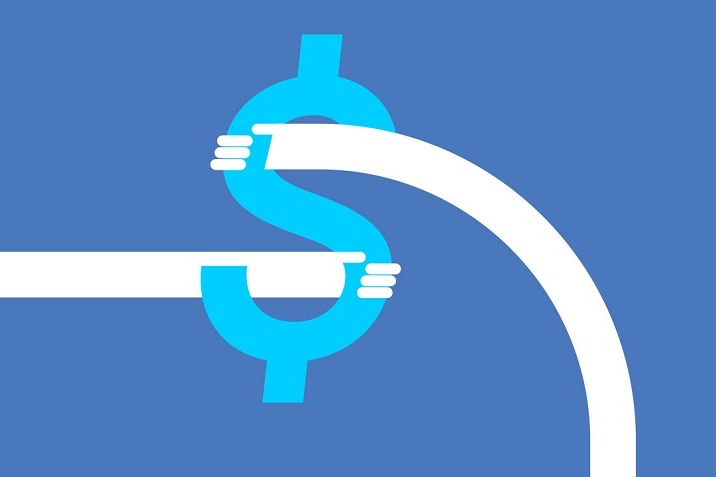
Elevate Financial Literacy Month Blog
April 28, 2023April is Financial Literacy Month, a time dedicated to raising awareness for the importance of financial education and the need to practice smart money habits. Having the resources and tools available to become financially literate, combined with feeling empowered to take control of your finances, is incredibly important. Forming smart habits today can provide the foundation for some of life’s most critical financial decisions, including how to build savings, form a budget and plan for retirement.
A recent report from the Consumer Financial Protection Bureau[1], analyzed the changes in financial well-being among Americans from 2017-2020. The data suggests that smart financial decisions are crucial during periods of financial uncertainty[2]. The residual financial impact of the COVID-19 pandemic along with current economic and inflationary pressures, presents mounting challenges for many Americans—non-prime and prime consumers alike. Inflation continues to strain household finances. This is why now, more than ever, financial education should no longer be considered a nice to have, but a necessity.
In a survey conducted by S&P Global[3] on worldwide financial literacy, the United States was ranked 14th, with only 57% of adults passing a five-question financial literacy test. This is unacceptable and we need to do better. All communities deserve access to financial education resources that will put them on the path to long-term financial wellness.
At Elevate, we believe in “Good today, better tomorrow.” How do we define “better”? Better means properly equipping all people with the tools that will allow them to achieve stability, avoid financial pitfalls, and ultimately reach their goals.
[1] Consumer Financial Protection Bureau, 2022 Financial Literacy Annual Report (March 2023), https://files.consumerfinance.gov/f/documents/cfpb_financial-literacy-fy-2022_annual-report_2023-03.pdf
[2] Consumer Financial Protection Bureau, Data Spotlight: Financial Well-Being in America, from 2017-2020 (November 2020), https://www.consumerfinance.gov/consumer-tools/educator-tools/financial-well-being-resources/data-spotlight-financial-well-being-in-america-2017-2020/
[3] S&P Global FinLit Survey, Forbes (2015)
Connect with us: